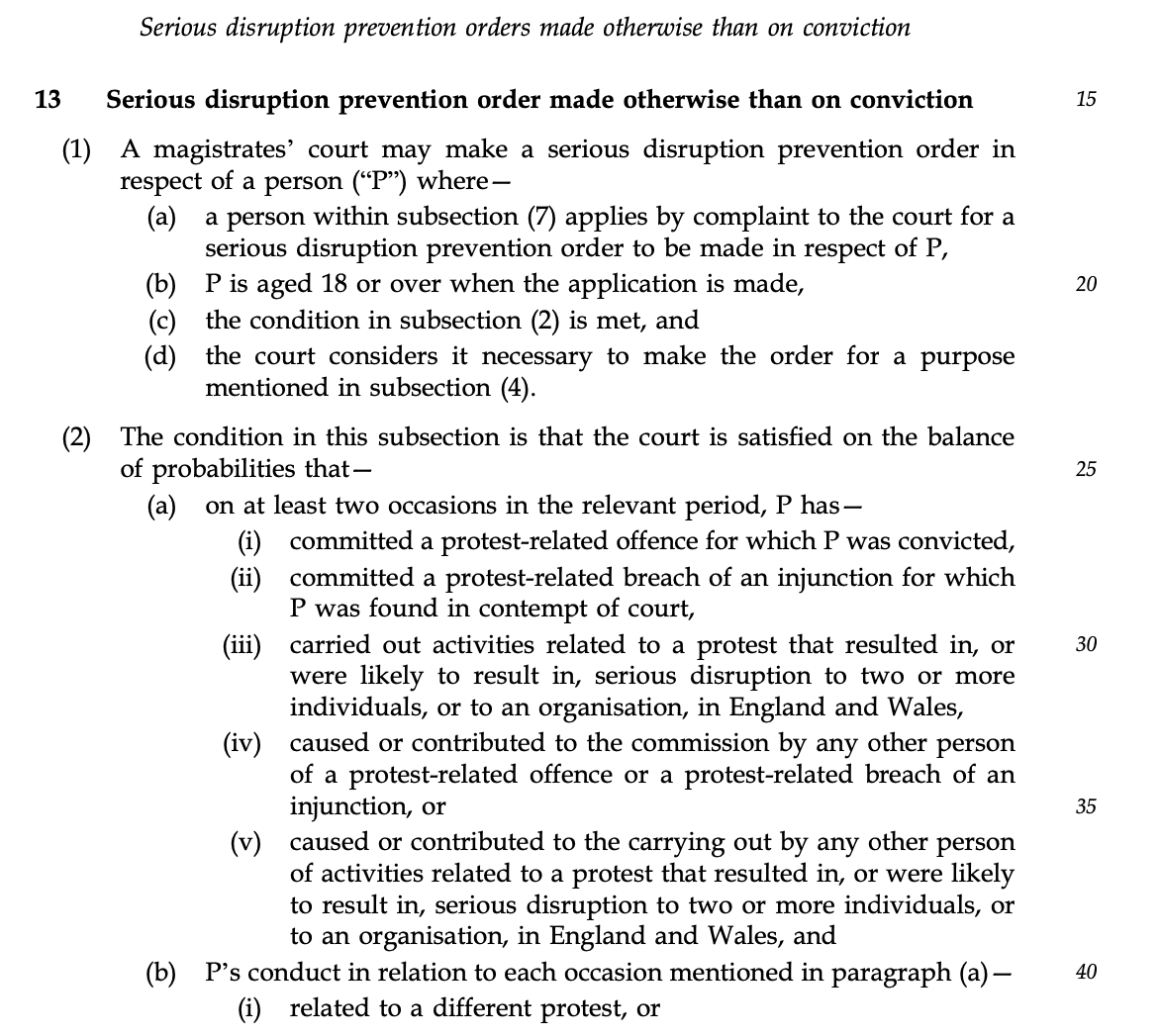
Legal academic. Author of 'The Making of Constitutional Democracy' (OA @HartPublishing 2022). Customary disclaimers
2 subscribers
How to get URL link on X (Twitter) App

https://twitter.com/SirJJKC/status/1732439878820905208As I argue in my work, this crucial constitutional boundary is the 'nemo iudex in causa sua' principle: that is, the basic rule of natural justice that no one - and especially not the government - should be a judge in their own cause. /2
https://twitter.com/ProfMarkElliott/status/1536393577256960001
https://twitter.com/ProfMarkElliott/status/1536394054220513282?t=j5EiCC7-Myz4FXWv8DJO0g&s=19

https://twitter.com/SBarrettBar/status/1535719611752189952In his tweet, Steven is displaying a remarkable confusion about what the doctrine of dualism in international means. Quite incredibly, he argues that the decision in R (on the application of SC, CB) [2021] UKSC 26 confirms his view, whereas it doesn't do any such thing./2

https://twitter.com/hyjpang_/status/1526497923521036290To recap: the House of Lords throws out some of the most contentious provisions from the Police, Crime, Sentencing and Courts Bill (now law) because they were manifestly authoritarian in nature, and the Gov't now doubles down on them in the #PublicOrderBill? This is scary stuff

https://twitter.com/ColinYeo1/status/1488817332977872898Because despite the wording of the provision in question ('shall be entitled'), the same Act (Section 42(3)) makes such 'entitlement' conditional on the payment of the associated fees. For 20 years, these were fixed so as to recover the full costs of processing the application./2